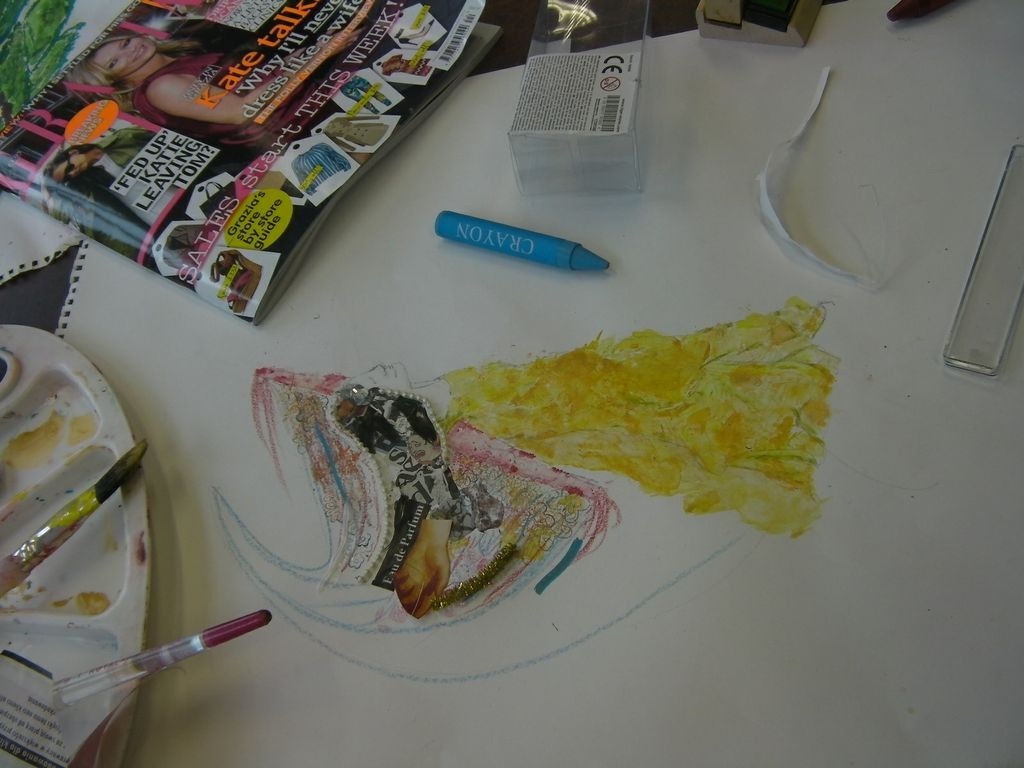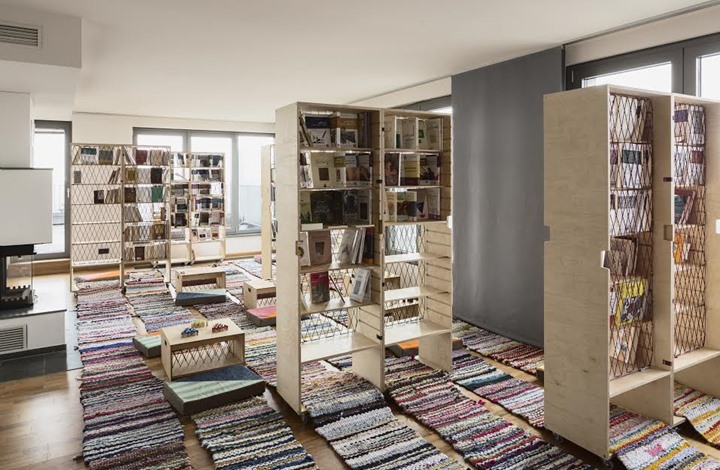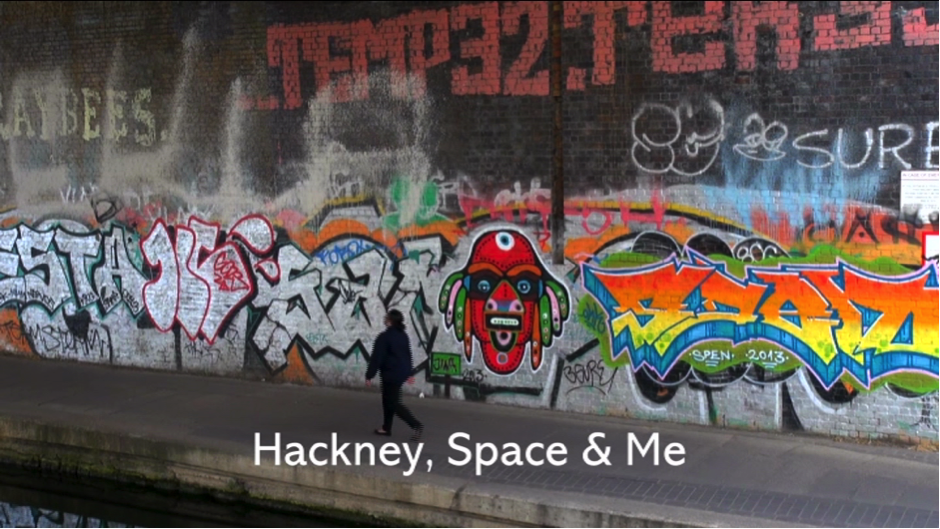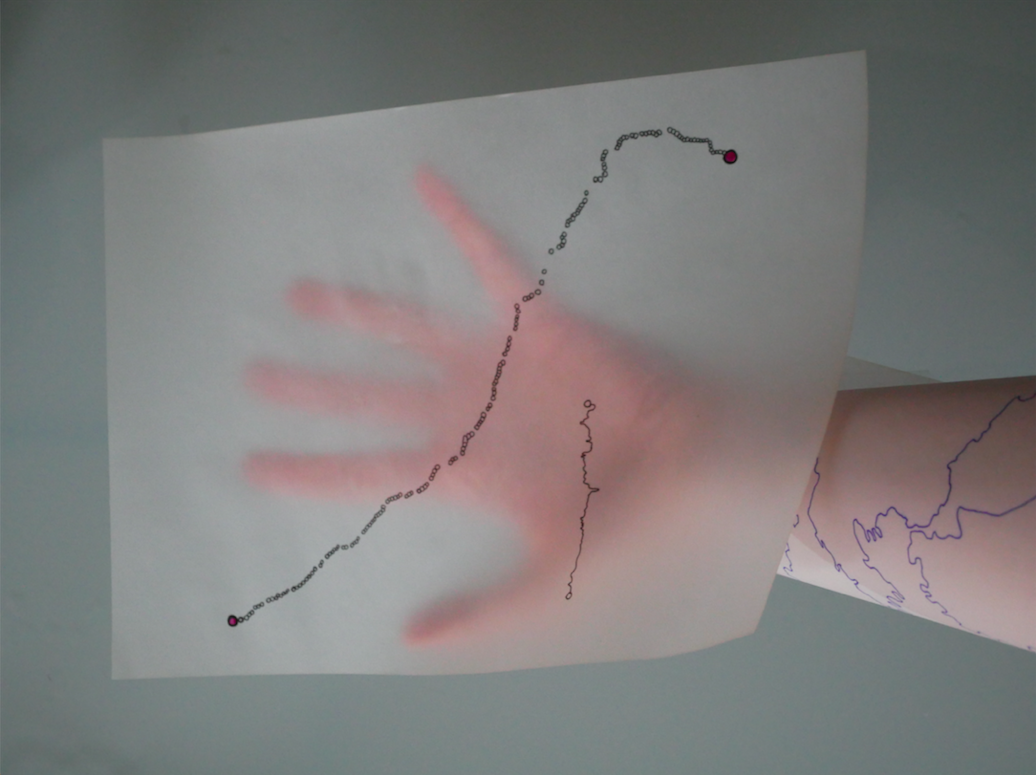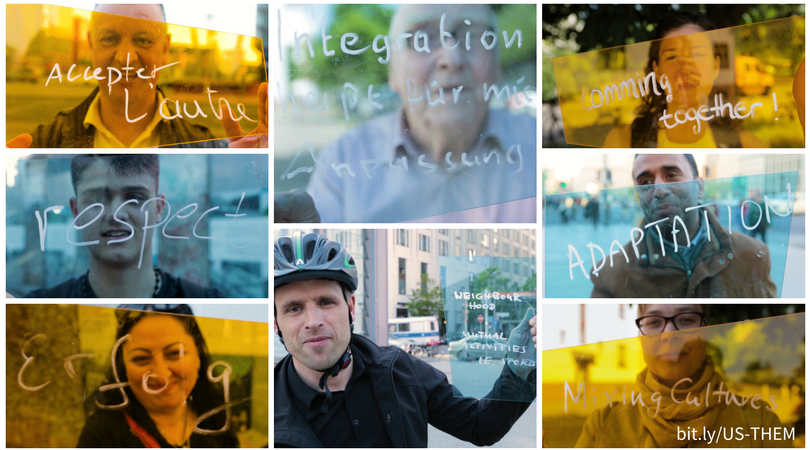In the first iteration of what aims to be a wider research project on the elicitation of culturally diverse memes through the use of digital technologies, Alda Terracciano focused on the rich cultural heritage of Moroccan communities in West London. In the course of her work with members of the Al-Hasaniya Moroccan Women’s Centre and Making Communities Work and Grow, Alda further developed the ‘Memory Session’ practice research methodology, which collectively connects sensory experiences of migrant community members to their own cultural heritage and makes it accessible to the wider public. This unique approach is the outcome of previous memory sessions with 70 members of migrant communities in London, where participants were asked to share feelings, thoughts and memories through video elicitation. This approach led participants to share traditions, daily rituals, urban life, as well as personal notions of home and cultural identity (Terracciano 2016). The Moroccan Intangible Heritage project saw the collaboration of a HCI designer and two olfactory engineers to develop a multisensory digital interface in the field of critical heritage studies and urban planning (Terracciano et al. 2017). Collective curatorial experiences and democratization of decision making in urban planning are at the centre of this creative and participatory inquiry. The ensuing community-curated digital interactive interface is able to mobilise the senses to uncover the embodied experiences of both the communities represented in the interface and the wider public when using the sensory audio-visual installation. This work highlights the importance of supporting autonomy, identity and ownership when engaging migrant communities. In addition to this, the inclusion of local authorities in the design of the multisensory interface contributed to create a space where technologies can support a bottom-up and community-led civic engagement.
Researcher: Alda Terracciano (independent researcher and artist)

